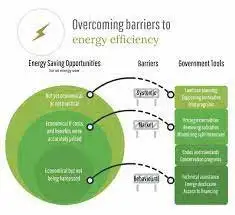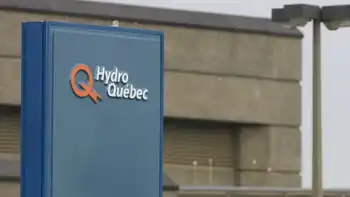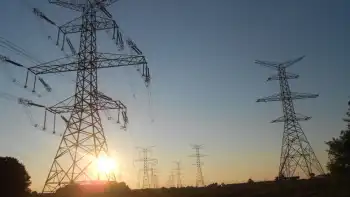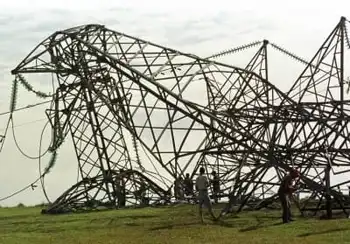UK electricity and gas networks making ‘unjustified’ profits
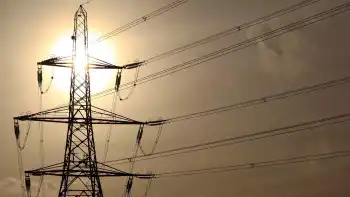
NFPA 70e Training - Arc Flash
Our customized live online or in‑person group training can be delivered to your staff at your location.

- Live Online
- 6 hours Instructor-led
- Group Training Available
UK Energy Network Profits are under scrutiny as Ofgem price controls, Citizens Advice claims, and National Grid margins spark debate over monopolies, allowed returns, consumer bills, rebates, and future investment under tougher regulation.
Key Points
UK Energy Network Profits are returns set by Ofgem for regulated grid operators, shaping consumer bills and investment
✅ Ofgem sets allowed returns for monopoly networks via price controls
✅ Dispute over interest rates, bond yields, and risk premiums
✅ Reforms proposed: shorter controls, tougher investor incentives
Companies that run Britain’s electricity and gas networks, including National Grid, are making “eye-watering” profits at the expense of households, according to a well-known consumer group.
Citizens Advice believes £7.5bn in “unjustified” profits should be returned to consumers who pay for network costs via their electricity and gas bills, with parallels seen in a deferred BC Hydro costs report abroad, although its figures have been contested by the energy industry and regulator.
Ownership of electricity and gas networks came under the spotlight in the run-up to June’s general election, after the Labour party said in its manifesto it would bring both national and regional grid infrastructure to back into public ownership, amid wider debates about grid privatization concerns elsewhere, over time.
Electricity sector privatisation began in 1990 and the gas industry was privatised in 1986. Energy network companies — which own and operate the cables and wires that help deliver electricity and gas to homes and businesses — are in effect monopolies that are regulated by Ofgem. Ofgem evaluates what their costs, including the cost of capital to finance investments, might be over an eight-year “price control” period, similar to determinations like the OEB decision on Hydro One rates in Ontario, Canada. Citizens Advice claims many of the regulator’s calculations for the most recent price control went “considerably in networks’ financial favour”.
It believes assumptions Ofgem made about factors such as the future path of interest rates and returns on government bonds were too generous, with international contrasts like power theft challenges in India illustrating different risk contexts, as was the regulator’s assessment of the risk associated with operating a network company.
These “generous” assumptions will lead to network companies making average profit margins of 19 per cent and an average return of 10 per cent for their investors at the expense of consumers, Citizens Advice claims in a report published on Wednesday, which recommends a shorter price control period to allow for more accurate forecasting.
“Decisions made by Ofgem have allowed gas and electricity network companies to make sky-high profits that we’ve found are not justified by their performance,” said Gillian Guy, chief executive of Citizens Advice. Ofgem defended its regulatory regime, saying it helped to cut costs, improve reliability and customer satisfaction.
“Ofgem has already cut costs to consumers by 6 per cent in the current price control and secured a rebate of over £4.5bn from network companies and is engaging with the industry to deliver further savings, with some regions seeing Ontario electricity rate reductions for businesses as well,” said Dermot Nolan, chief executive of the energy regulator.
Mr Nolan insisted the next price controls would be “tougher for investors”. The current price controls for the gas and electricity transmission networks, plus gas distribution, run until 2021 and until 2023 for local electricity distribution networks.
“While we don’t agree with its modelling and the figures it has produced, the Citizens Advice report raises some important issues about network regulation which will be addressed in the next control,” Mr Nolan said.
The Energy Networks Association, a trade body, refuted the claims of Citizens Advice, insisting that costs had fallen by 17 per cent in real terms since privatisation. The current regulatory framework was established after a public consultation, it said, adding that today’s report repeated several old claims that had previously been rejected by the Competition and Markets Authority.
“Our energy networks are among the most reliable and lowest cost in the world and their performance has never been better. In the next six years energy network companies are forecasted to deliver £45bn of investment in the UK economy,” a spokesman for the networks association added. National Grid said that since 2013 it had generated savings of £460m for bill payers.





